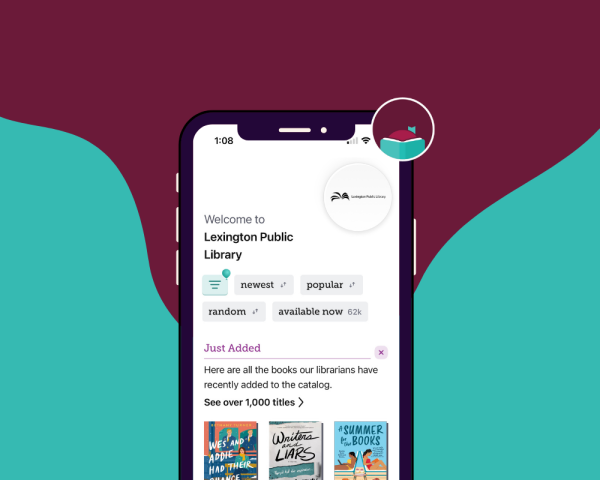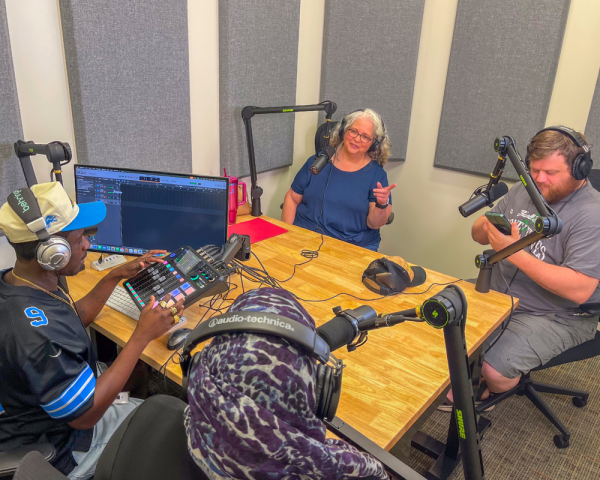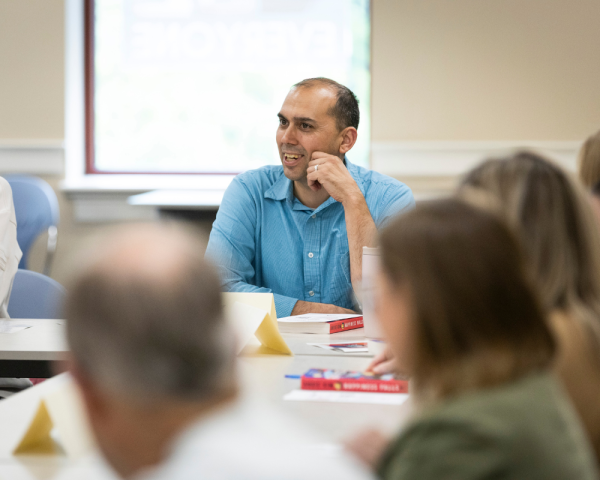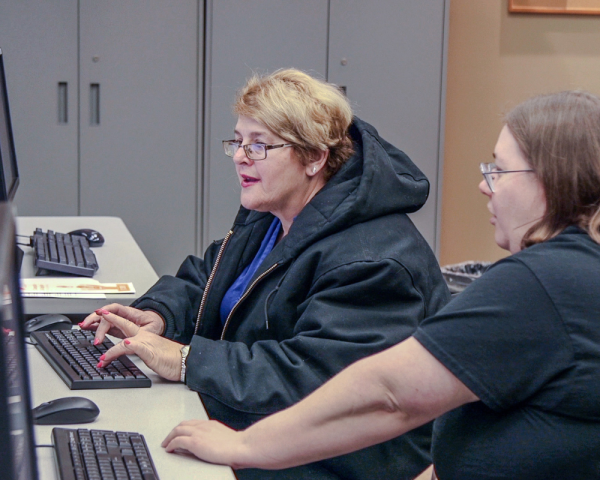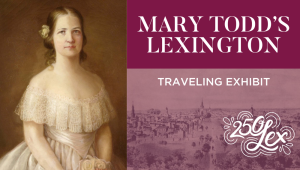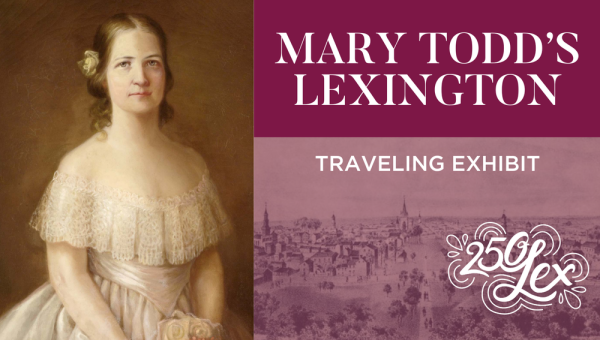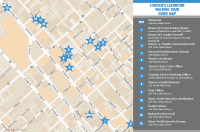

Website Search
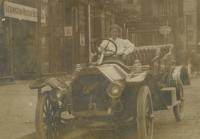
Fayette County, Kentucky, has changed enormously since it was created in 1792. This collection contains government documents for the city of Lexington, for Fayette County, and for the merged Lexington-Fayette Urban County Government, as well as funeral notices, club directories, scrapbooks, image collections and a history of Lexington Public Library.
Discover early 19th-century Lexington in this four-panel traveling exhibit created by the Mary Todd Lincoln House. Images and text illustrate city life, the economy, schools and churches, and arts and leisure during the years Mary Todd lived in Lexington (1818-1839). Text is written for ages 12-up. Free.
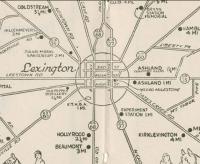
The Kentucky Room's collections contain Lexington's residential directories going back over 200 years, and are some of the most useful resources for researchers looking for family information, neighborhood histories, and house histories.
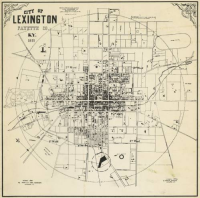
Library meeting rooms are available for individuals, non-profit, for profit, study groups, and community organizations seeking to hold meetings, trainings, and workshops.
Library meeting rooms are available for individuals, non-profit, for profit, study groups, and community organizations seeking to hold meetings, trainings, and workshops. Meeting rooms are free of charge. Sterno and other tools/equipment that have an open flame are prohibited.
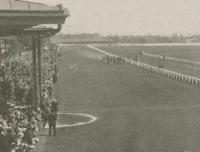
Fayette County's local businesses and organizations contain a wealth of information about local residents.
Subscribe to receive library news in your email inbox.
Join us for a walking tour highlighting Lexington's unique role in Abraham Lincoln's life.
Tour Length: 1.42 miles
This tour is adapted from the 2009 Tour created in celebration of the 200th anniversary of Lincoln's birth by a partnership between the Lexington Public Library, the Isaac Scott Hathaway Museum, and the Mary Todd Lincoln House.
The music clips used in this tour are from “Walking Barefoot on Grass” by Kai Engel, and are used with a CCBY license. It is available here.

